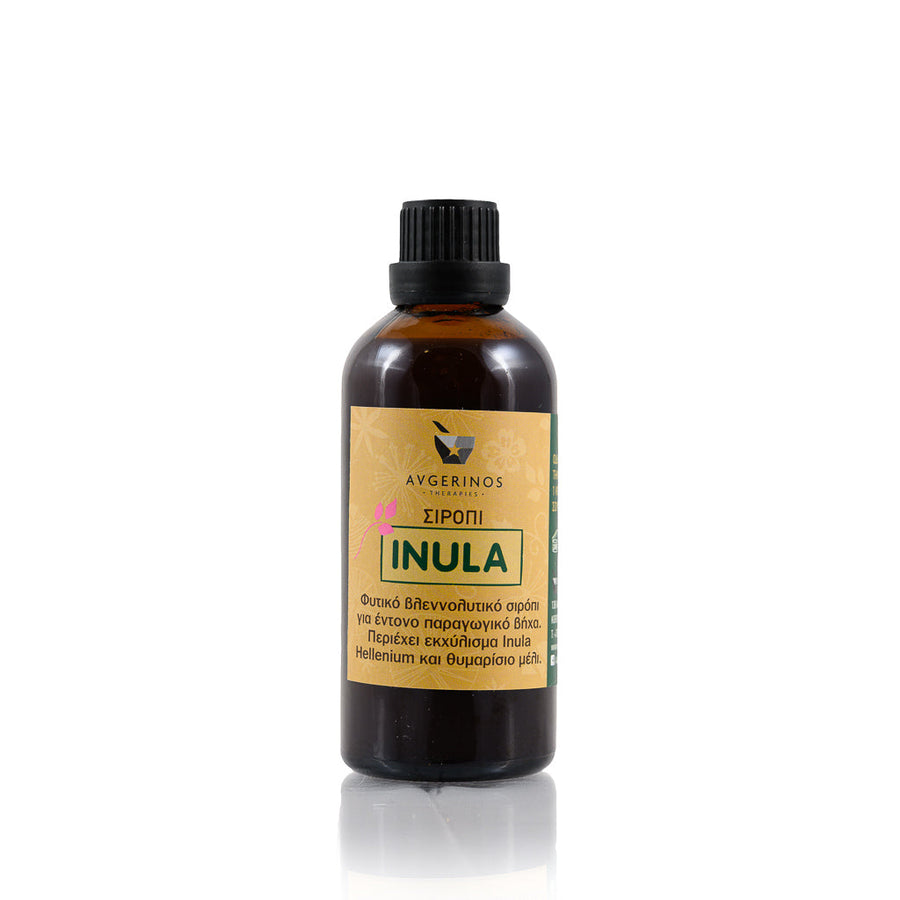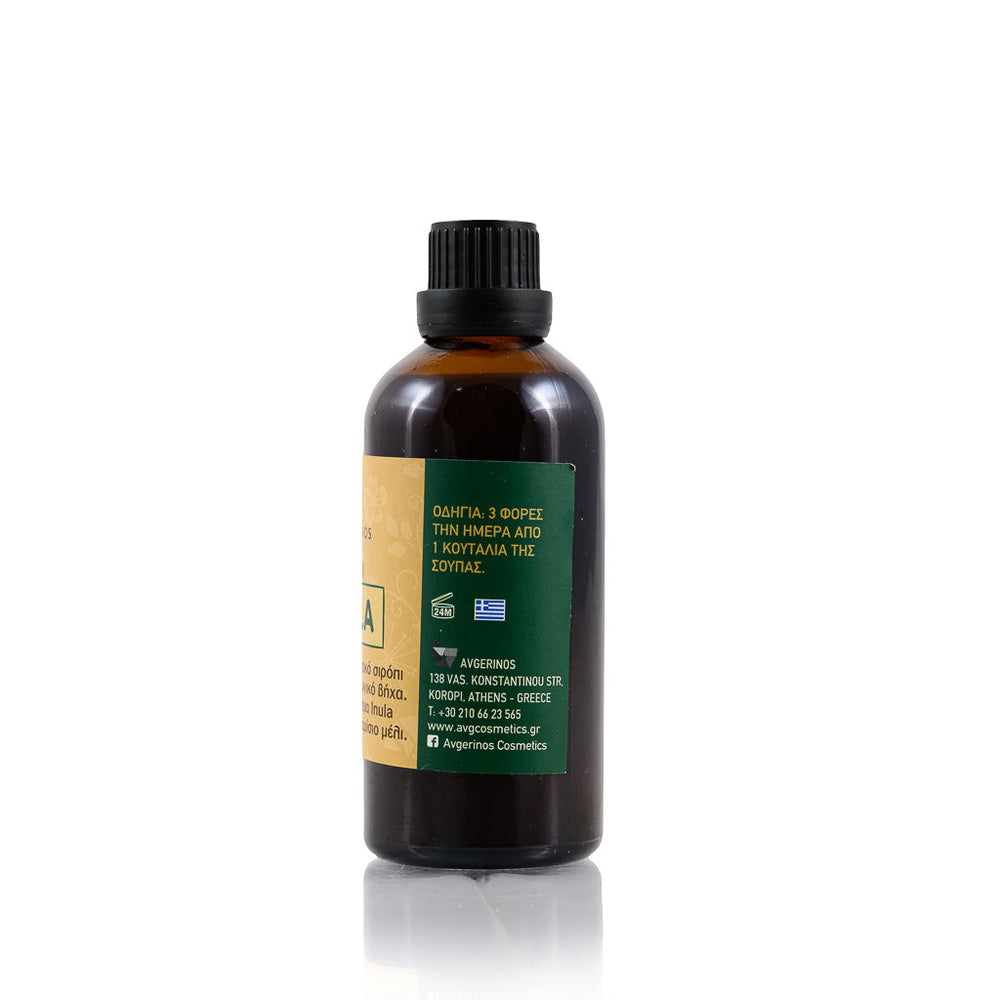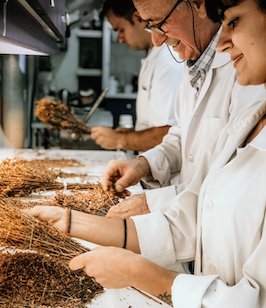Vitamin B12 in Vegetarianism!
B12 is one of the most important components in our body, as the actions it performs are vital. It belongs to the water-soluble vitamins and is classified in the cobalamin category because its molecule contains cobalt.
This particular vitamin is one of the largest and most complex molecules found in the group of vitamins. It is produced by bacteria found in the soil. These bacteria pass through the intestine of vegetarian animals and then end up in their liver and muscular system. This way of consumption also applies to humans, except that in modern times humans are rarely in direct contact with nature, as was the case a few decades ago, long before intensive cultivation replaced the farmer's small garden. Man then consumed pure foods in their primary form, such as roots, seeds, bulbs, without pesticides and this process brought him close to the soil and microorganisms, thus maintaining the chain process in the reception and absorption of the vitamin. In modern times, because animals no longer graze outside, they receive the vitamin as an additional ingredient in their feed.
B12 has a special way of being absorbed by the body which requires a specific gastric secretion and a prolonged residence time in the small intestine.
Let's see the absorption process of this substance step by step below.
First, once B12 enters the mouth, it is embraced by a protein secreted by salivary glands called haptocorrin. This happens in order to protect the stomach from gastric juices.
When it enters the stomach, the epithelial cells of the organ, sensing its presence, secrete another glycoprotein called endogenous factor. Endogenous factor follows B12 into the small intestine ready to take action at the right time.
Now we're in the small intestine where B12 bound to haptocorin sits side by side with endogenous factor. There, the pancreatic proteases appear which digest the original protein haptocorrin and at this point the B12 binds to the endogenous factor that is next to it waiting for this moment.
From now on, the endogenous factor accompanies B12 along the small intestine in order to deliver it to the final part of the ileum in order to be absorbed by the cells of the intestinal mucosa and from there enter the bloodstream.
Through the blood, our body stores B12 in the liver, in an amount of 2,000 – 5,000mcg, capable of meeting our needs for 3-5 years.
B12 is eliminated from our body through urine and bile.
From the above process, we realize how important it is to chew our food well, and to maintain the health of the stomach. The stomach needs to secrete a certain amount of endogenous factor to achieve smooth absorption of B12.
However, many studies have shown that its connection with iron and folic acid improves the picture of blood in laboratory tests.
Actions of B12:
✔ Significantly improves the metabolism of sugars, proteins and fats.
✔ It is necessary for the production of energy in the cells of various tissues and actively participates in the creation of neurotransmitters.
✔ Contributes to the proper functioning of the nervous system, as it is a key component of nerve myelin.
✔ Actively participates in the creation of DNA and RNA. It is necessary for the formation of red and white blood cells and treats pernicious anemia.
✔ Strengthens hair health.
✔ It is closely related to the functions of folic acid and iron and in collaboration with vitamin C it helps significantly to improve ferritin levels in the blood.
Deficiency symptoms
- Vitamin B12 deficiency can come from a diet that does not include foods that contain B12.
- Decreased secretion of endogenous factor. This may be due to the use of antacid drugs, in old age the ability to secrete from the stomach decreases, stomach ulcer, partial or total removal of the stomach.
- Parasitic infections, diseases of the small intestine, celiac disease, Crohn's disease.
Symptoms:
Pernicious anemia, anorexia, dull skin color (yellowish), hair loss, weight loss, neurological problems, numbness and cramps, blurred vision, changes in the appearance of the tongue, fatigue, depressed mood, impaired concentration and memory, increased homocysteine in the blood .
Our liver is the organ that stores vitamin B12 for a long time (3-5 years), and for this reason the symptoms of its deficiency may be delayed in appearing.
Recommended daily intake
The daily intake we need to adequately cover our needs is 2.5 mcg.- 3.0 mcg *
By age
Club
Children
Men
Women
Pregnancy
Breastfeeding
Age B12(mcg) 7-10 3.0 11 + 3.0 11+ 3.0
+1.0 +1.0
*Recommended Dietary Allowances, 9th ed., USA Academy of Sciences, 1980, sel.185. (Modern Nutrition and Dietetics - George Papanikolaou).
Sources of vitamin B12
B12 is found in animal foods and their derivatives such as:
Meat, fish, eggs, cheese, yogurt, milk, plant-based milks, cereals and other foods that have been enriched with vitamins and trace elements.
Vegetarian and vegan diet
A vegetarian diet could be a healthy eating pattern when conducted responsibly and with knowledge.
Many studies have shown that those who follow a vegetarian and strict plant-based diet (vegan) have lower levels of B12 and higher homocysteine. Elevated levels of homocysteine are involved in diseases such as arteriosclerosis, stroke, Parkinson's, Alzheimer's, hypothyroidism.
Foods containing 1 µg of B12
1 yurt cake, 2 eggs, 1 glass of milk, 60g. cheese, 1 glass of fortified plant-based milk, 1 cup of fortified cereal.
As we saw above, vitamin B12 is only found in animal foods, therefore those who have chosen a vegan diet need to get it exclusively through fortified foods and nutritional supplements. Specifically, the Vegan society recommends that 10 μg or 1000 μg / 2 servings be consumed daily.
On modern pharmacy shelves, we will find specialized B12 supplements that cover our needs, sublingual tablets, lozenges, sprays, multivitamins and individual tablets.









Leave a comment